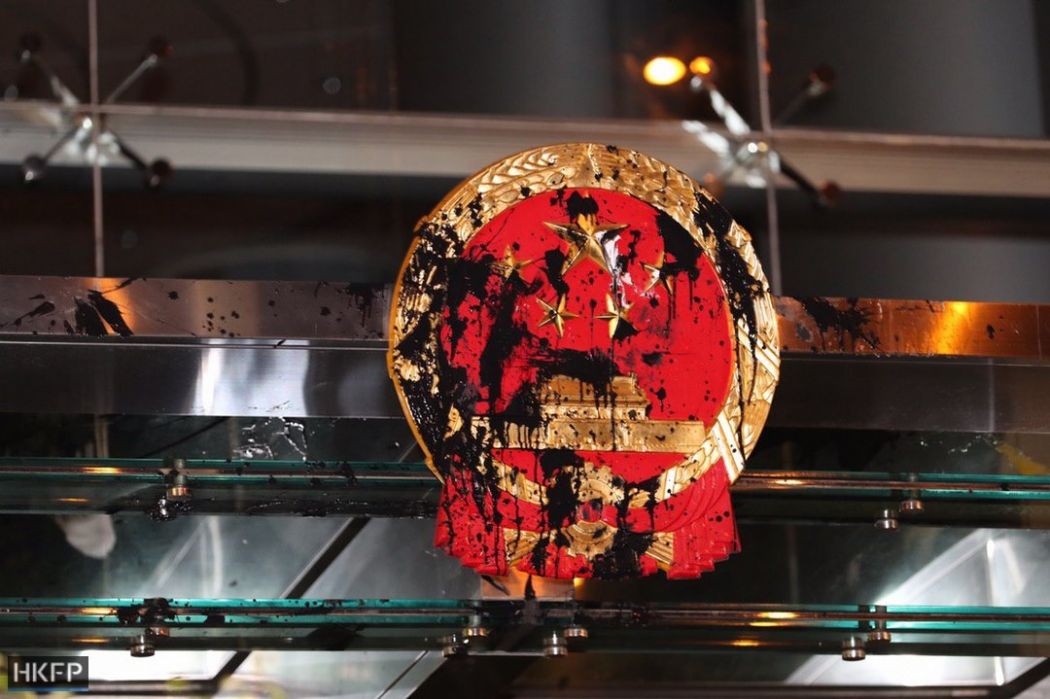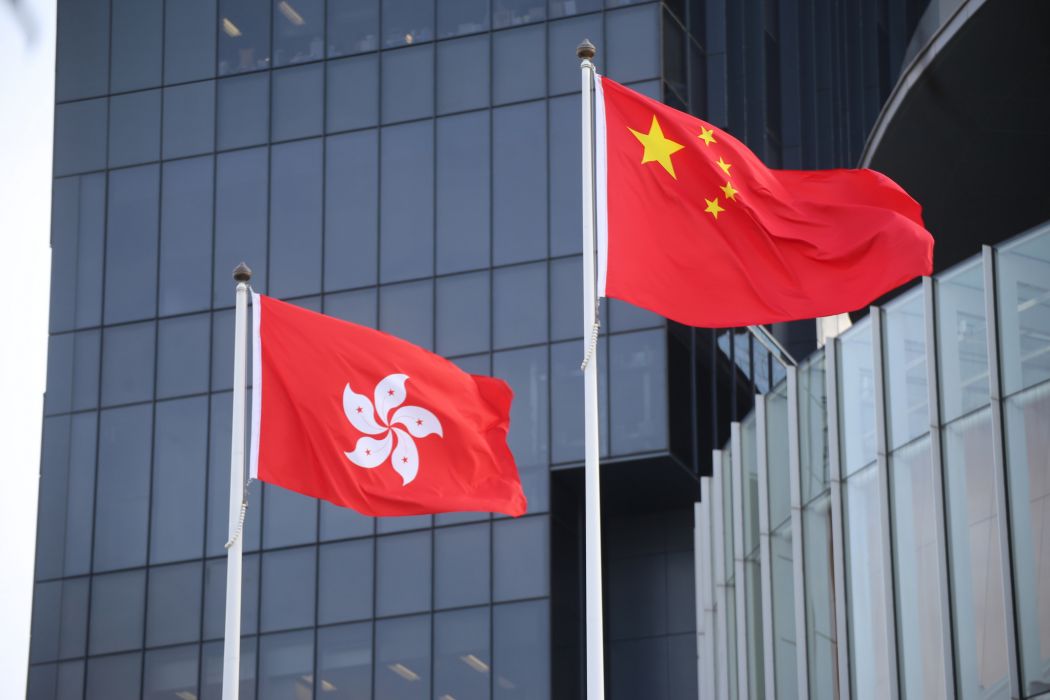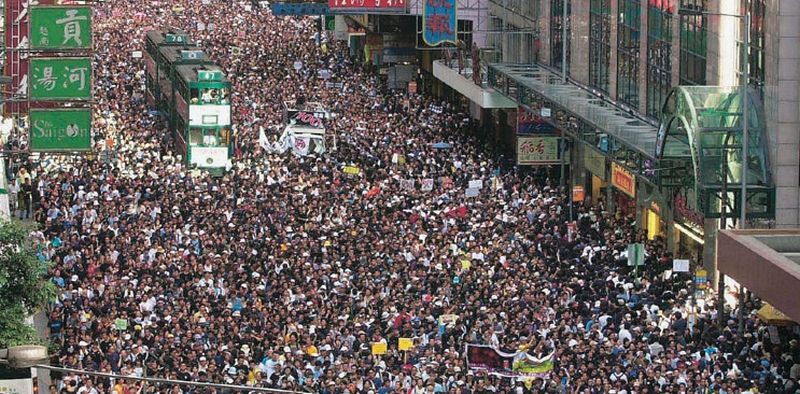As Hong Kong enters its 14th week of anti-government protests, reports have emerged that the first demonstration of hundreds of thousands on June 9 caught the government and its advisors by surprise. Apparently, they no longer poll public opinion and had no idea of the depth of the opposition. Indeed, overconfident, they sought to force the bill through. The local government ignored the views of the public. They were not the only ones.
One of the key functions of the Chinese Communist Party (CCP) in Hong Kong is to take the pulse of the city. Headquartered in the Central Liaison Office in Sai Ying Pun, the party reports to the Central Committee, and through it up the line. Party Politburo members, including President Xi, read these reports on critical issues.

The CCP in Hong Kong, just like our local government and its advisers, grossly misread opposition to the extradition bill. Reports indicated that President Xi “blames the Hong Kong and Macau Affairs Office for the bad intelligence” as well he should. How could the CCP have made such a blunder?
First, and most fundamentally, the party operates in a narrow echo-chamber of what views are permissible based on ideology, and what may be shared up the line. Take Hong Kong’s status in 1997 as an example. The official view is that Hong Kong ceased being a colony in 1972. Then China removed Hong Kong from a UN list of territories to be decolonised. The UK agreed. Accordingly, to discuss Hong Kong’s current colonial-style institutions as a source of popular discontent is off-limits. This damages analysis of what is going on in Hong Kong.
The central party has redrawn ideological red lines, reacting to domestic and foreign challenges. Local party officials distort messages and report mostly what superiors want to hear. This is a common bureaucratic malady not peculiar to the CCP.
Second, the party in Hong Kong relies heavily on reports from its own local networks, including National People’s Congress and CPPCC members. The party appoints them to their positions based on several considerations, including loyalty and reliability. They are a “safe pair of hands” unlikely to rock the boat. The party is interested in neither diverse opinions nor representativeness. This is a disaster for Hong Kong given our colonial-style political institutions that operate in a semi-liberal, open environment, very different from the mainland. The party’s strategy and organisation have not been adapted to fit the situation in Hong Kong.

In the current political crisis, our NPC and CPPCC delegates have been mostly silent, articulating the party’s position in public only after being kicked by authorities in Beijing. When a business leader responded to the party’s call, condemning all violence, rather than only the violence of protesters, the party slammed him publicly. Being in step with party central overrides all else. Hong Kong united front, take note.
We must assume that our delegates care about Hong Kong. But because the party insists on correct and uniform messaging, the delegates are abundantly cautious. They do not want to jeopardise their appointments, which for some professionals, carry valuable networking opportunities on the mainland.
In crises, the people of Hong Kong cannot rely on these delegates to fairly mediate a dispute. Accordingly, Hong Kong’s official echo chamber is amplified by these cross-border ties. The party is apparently only interested in confirmatory messages. In this case, the local CCP’s behaviour has served the central and local government and the people of Hong Kong very badly.
Our local CCP has failed to deliver reliable intelligence before. In 2003, the local government attempted to force through legislation required by the Basic Law’s Article 23. On July 1, 2003, in a move that shocked our local political class including the CCP, an estimated half-million people took to the streets in protest. The government lost elite support, abandoned the legislation (not, however, withdrawing it!), and the Secretary for Security resigned.

There is, thus, a history of the CCP misreading public sentiment in Hong Kong and reporting fake opinion to central authorities. The united front echo chamber in Hong Kong is unreliable. The party research bureaucrats canvassing opinion in Hong Kong simply become part of the united front work apparatus.
So, party central: “Fool me once, shame on you; fool me twice, shame on me.” We should expect the central party to hold the party apparatus within the HKMAO and the Liaison Office to account, and heads to roll. But without a fundamental reform of the way intelligence is collected within the party to permit more diversity (“seek truth from facts”), the party will continue to repeat the mistakes of the past.
The party perceived more accurately what was going on in Hong Kong too late. Too bad the CCP has been unwilling to uphold the Basic Law and hold our local government to account for the extradition bill fiasco. We are all suffering as a result.
